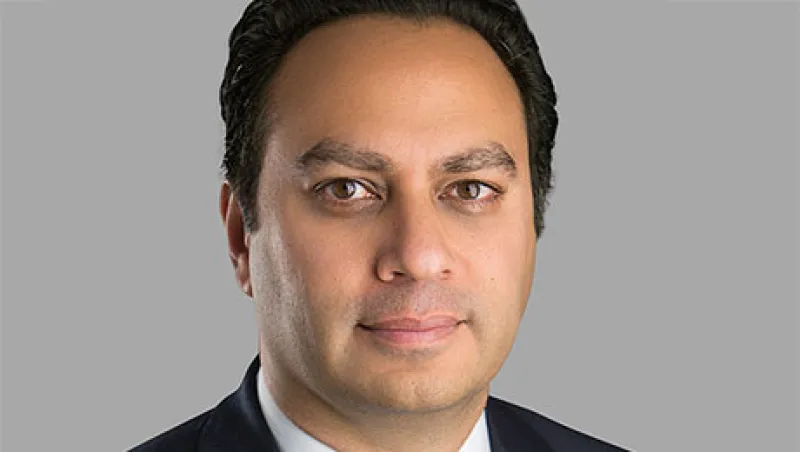
Former First Eagle Investment Management Star Breaks Out on His Own
CIO Abhay Deshpande founded Centerstone Investors with the goal to manage a smaller pool of assets.
Gary M Stern
December 7, 2016


